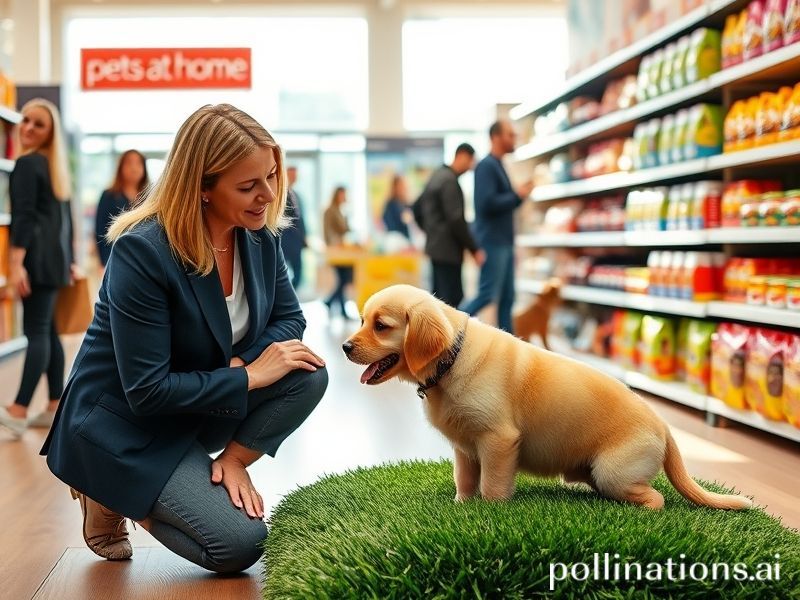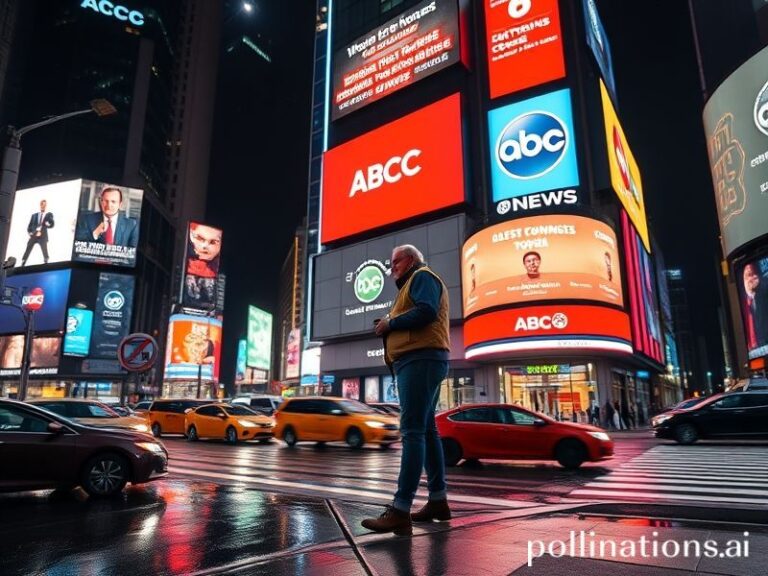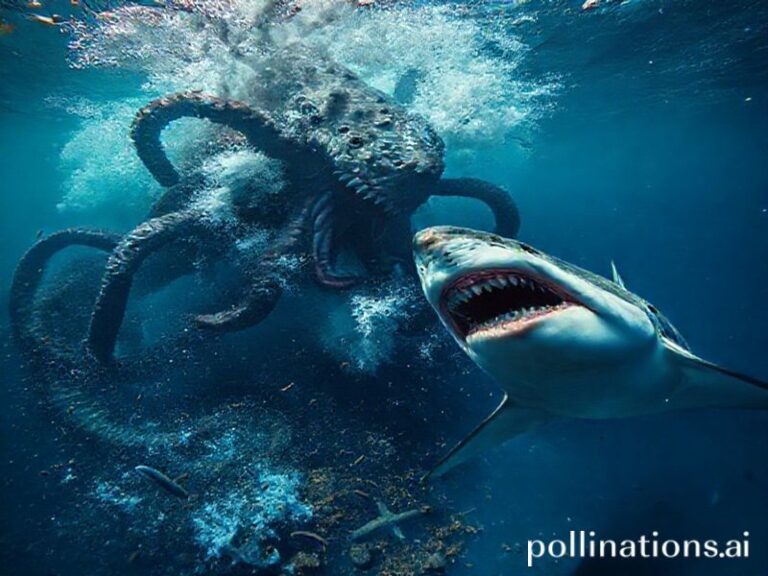Global Pet-Industrial Complex Shudders as Pets at Home CEO Exits—Are We Over-Fido-nancing?
Pets at Home’s Lyssa McGowan: How a British Petting-Zoo CEO Became the Canary in the Global Kibble Mine
LONDON—In the grand casino of late-stage capitalism, where even hamsters have subscription boxes, Lyssa McGowan’s resignation as CEO of Pets at Home is being treated like the fall of Rome—if Rome had been built on chew toys and gluten-free dog biscuits. Ms McGowan, a former Asda executive who apparently believed that goldfish could be upsold loyalty schemes, stepped down last week after three years of trying to convince the world that a chinchilla is merely a lifestyle accessory. The markets reacted with the sort of hushed reverence usually reserved for a papal election or a new iPhone. Somewhere in Davos, a hedge-fund manager updated his slide deck titled “Pet Humanization: Peak or Plateau?” and sighed into his oat-milk cortado.
The international significance of this seemingly parochial shuffle is, of course, cosmic. Pets at Home is Britain’s largest pet-supply retailer, but its share price is now a barometer for global bourgeois anxiety. When American households start panic-buying organic salmon pâté for their Labradoodles, supply chains in Thailand convulse; when Shanghai’s one-child policy morphs into one-pet policy, Peruvian anchovy fisheries tremble. McGowan’s exit is therefore not a mere boardroom hiccup—it is a tremor in the tectonic plates of petro-consumerism. If we can no longer monetize Fluffy’s emotional-support iguana harness, what hope is there for Western civilization?
Across the Channel, French sociologists—who have turned cynicism into a national sport—note that the French now spend more on pets than on books, a statistic that would delight Flaubert and horrify him in equal measure. In Japan, where lonely salarymen rent owls by the hour, Pets at Home’s troubles are read as proof that the kawaii-industrial complex has finally hit diminishing returns. Meanwhile, in India, where the street-dog population rivals the human census, venture capitalists are salivating over “pet tech” as the next frontier after fintech and edtech. One Bangalore start-up already promises AI-enabled litter boxes that analyze stool samples for existential dread.
McGowan’s strategy—pivoting from squeaky toys to “pet care services,” including dog yoga and hamster aromatherapy—was, in hindsight, a masterpiece of delusion. She pitched it to investors as “vertical integration of the human-animal bond,” which is corporate speak for “we’re going to monetize your grief when Tiddles dies.” The plan worked until inflation turned kibble into caviar and the British public remembered that animals have survived for millennia without branded hoodies. The result: a 25 % share-price plunge and a boardroom chorus of “perhaps the market for diamond-studded poop-bag dispensers is not, in fact, infinite.”
Globally, the episode raises a darker question: what happens when the anthropomorphized bubble bursts? From Brooklyn to Bangkok, millennials who swapped children for chinchillas are waking up to the reality that gerbils do not qualify for school vouchers. Governments, ever alert to taxable sentiment, are already drafting “pet austerity” measures—Germany is debating meat-tax exemptions for schnitzel-fed dachshunds, while Brazil’s new fiscal plan includes a sin levy on imported catnip. The UN, never one to miss a trending hashtag, is rumored to be convening a COP-29 side summit on “companion-animal carbon pawprints.” Expect Greta Thunberg to arrive with a rescue sloth.
And so Lyssa McGowan leaves the stage, clutching a £1.2 million severance cheque and presumably a lifetime supply of hypoallergenic pet wipes. Her legacy will be dissected in MBA seminars from Singapore to São Paulo as a cautionary tale: never underestimate the human capacity to project midlife crises onto a beagle. The rest of us, meanwhile, are left to ponder whether civilization’s final act will be a whimper or a bark. Either way, the kibble bowl is looking alarmingly empty.







